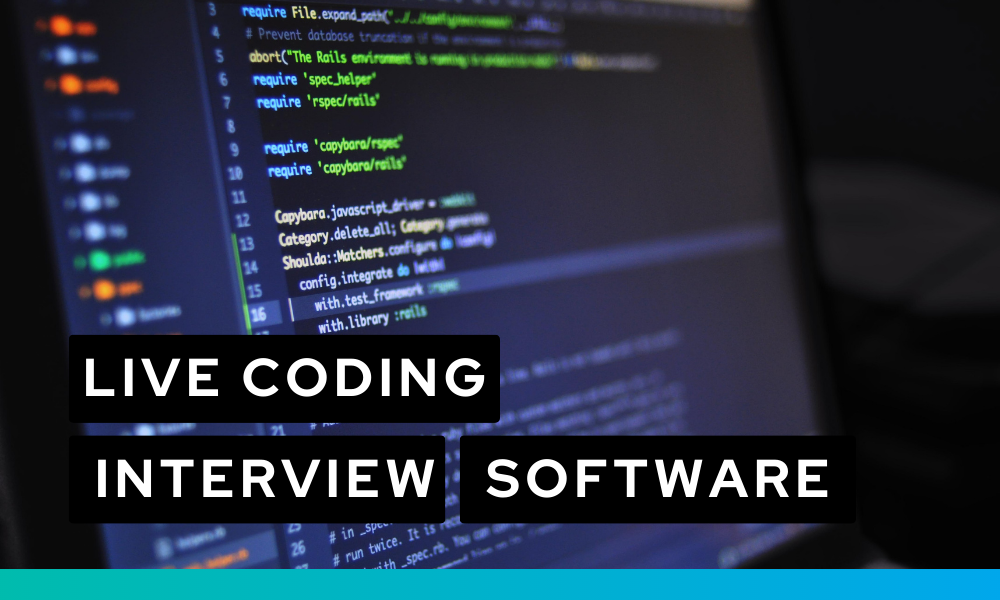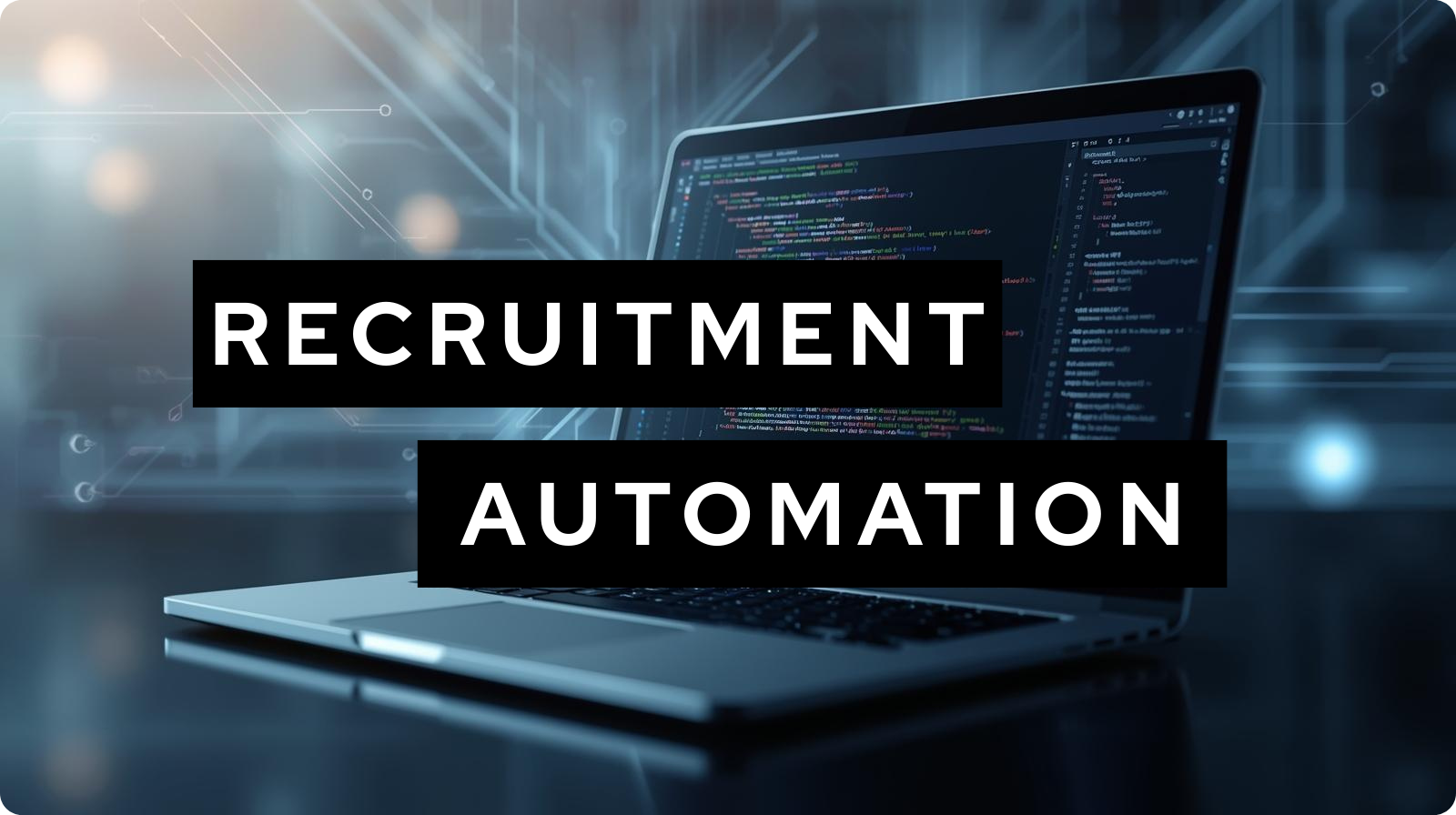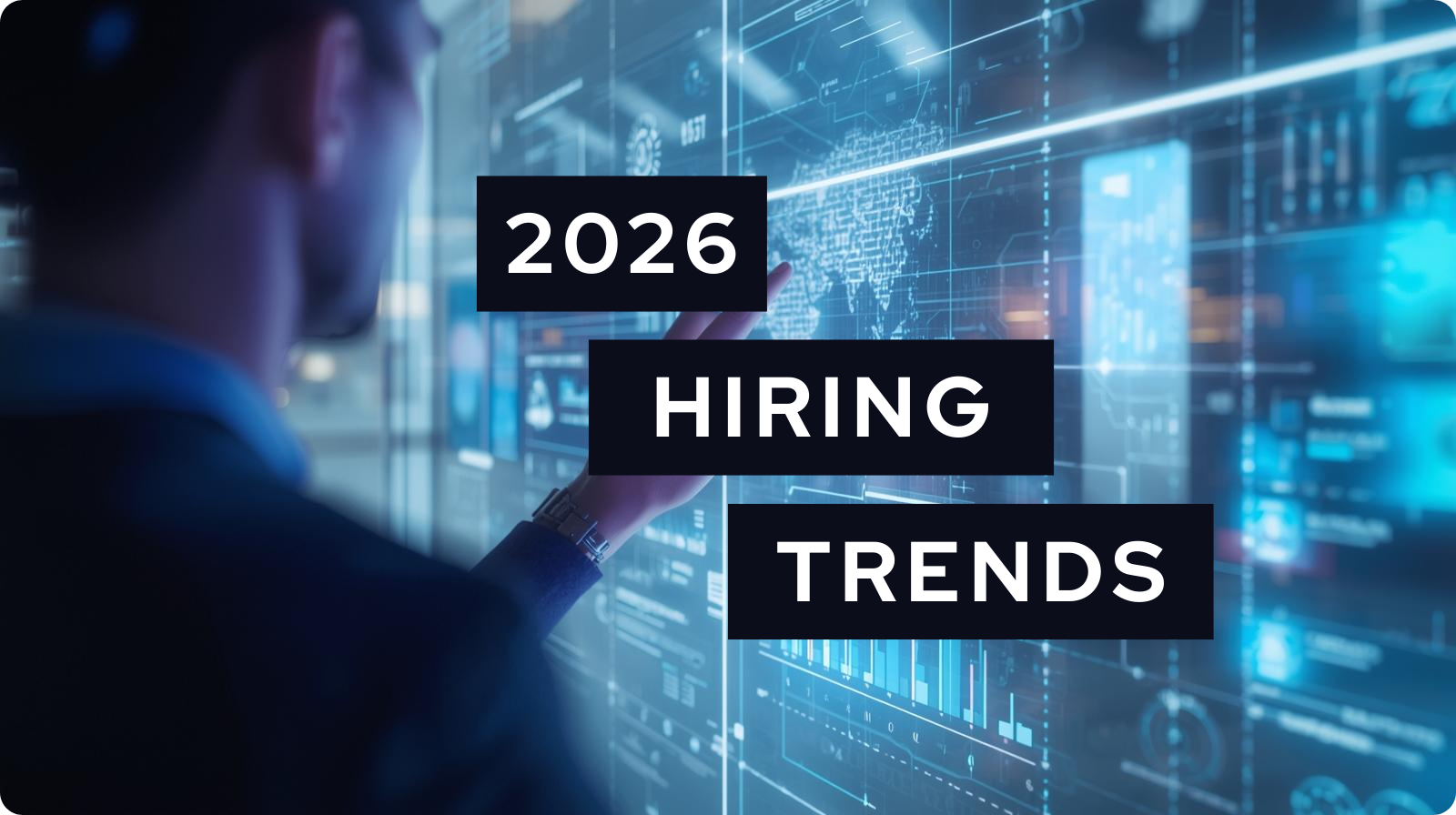
Make talent quality your leading analytic with skills-based hiring solution.

Hiring technical talent has never been more competitive. Resumes and multiple-choice tests often fail to reveal whether a candidate can actually code under real-world conditions. That’s why companies are increasingly turning to live coding interview software.
In fact, according to our research, 76% of recruiters say traditional interviews don’t reliably measure coding ability, while 65% of hiring managers prefer live technical assessments because they mirror on-the-job tasks. Live coding sessions bring clarity to the process by showing what candidates can actually do in real time.
Glider AI makes this process smoother with a secure, collaborative IDE, AI proctoring, and integrated reporting. Instead of whiteboard puzzles or theoretical questions, recruiters and hiring managers get to see candidates demonstrate real coding skills in a setting that feels familiar and fair.

The primary goal of a live coding interview is to assess how a candidate applies their technical knowledge under real conditions.
Live coding interviews follow a structured process that balances rigor with candidate experience:
The result is a fair, transparent process that highlights both technical skill and problem-solving approach.
Many coding tests rely on contrived puzzles that don’t reflect actual work. Glider AI was built to replicate real-world technical environments, giving candidates a fair chance to demonstrate their skills and giving hiring teams the insights they need.
Here’s what makes Glider AI Live Coding Interviews different:
| Real-World Coding Simulation | Candidates code in a secure IDE with compilers, build tools, and package managers. |
| Broad Language Coverage | Support for over 250 languages, frameworks, and libraries. |
| Pair Programming Mode | Replicates collaboration to assess teamwork and communication. |
| Replay and Calibration | Record and replay sessions for training, fairness, and comparison. |
| Integrated AI Proctoring | Detects plagiarism, impersonation, and suspicious activity. |
| AI Assistant for Candidates | Guides candidates during sessions, clarifies instructions, and reduces confusion without giving away answers. |
| ATS Integration | Launch and manage live coding sessions directly from your ATS. |
| Candidate-Friendly Experience | Familiar tools reduce anxiety and allow candidates to focus on coding. |
| Data-Backed Reports | Automated insights highlight problem-solving ability, skill level, and fit for the role. |
Live coding interviews aren’t just about screening out unqualified candidates — they’re about building confidence in hiring decisions.
What is the purpose of a live coding interview?
To evaluate technical skills, problem-solving ability, and real-world coding performance in real time.
Are live coding interviews stressful for candidates?
They can be, but Glider AI reduces stress by using familiar tools, clear instructions, and candidate-friendly design.
How do live coding interviews prevent cheating?
With AI proctoring, secure environments, and plagiarism detection, integrity is maintained throughout.
Do live coding interviews work for all roles?
Yes. While especially common for developers, they can also be tailored for data scientists, QA engineers, and other technical positions.

Recruitment automation entered the picture when hiring stopped being manageable through manual effort alone. Hiring was never simple, but it was slower in a way teams learned to live with. Resumes arrived in batches. Shortlists were built by hand. Follow ups depended on memory and spreadsheets. As hiring volumes grew and timelines tightened, those familiar […]

If you’ve hired anyone in the last two years, you already know something feels different. In 2026, candidates are harder to assess. Resumes tell you less than they used to. Interview performance doesn’t always predict job performance. And even when you think you’ve made a good hire, there’s this nagging feeling that you might have […]

Is holiday season capitalized? When you type “holiday season” into a document, you might pause and wonder about the proper formatting. The answer is no, not unless it begins a sentence. But that simple question opens the door to a much bigger conversation about what the holiday season actually means. For some, it’s a time […]